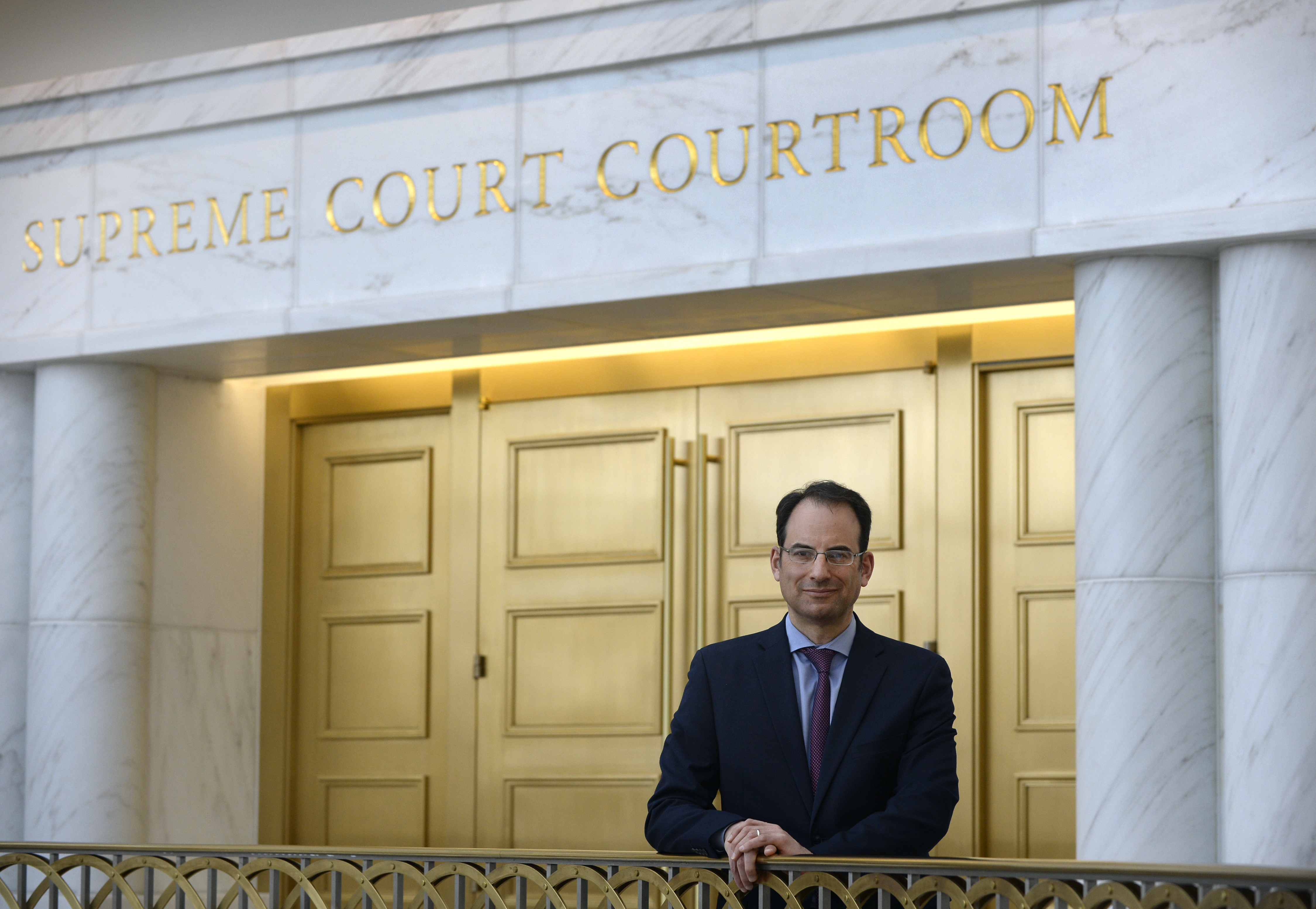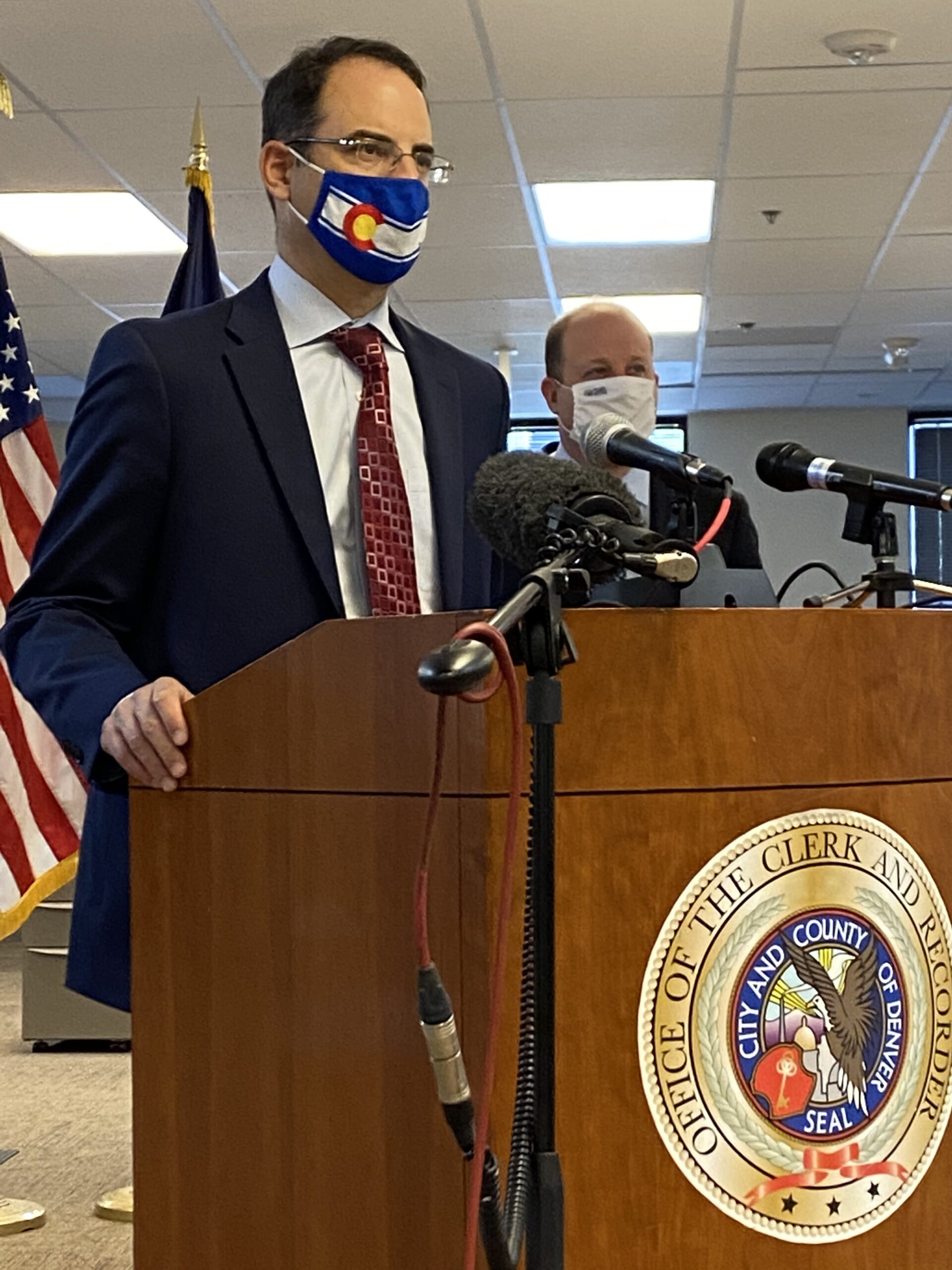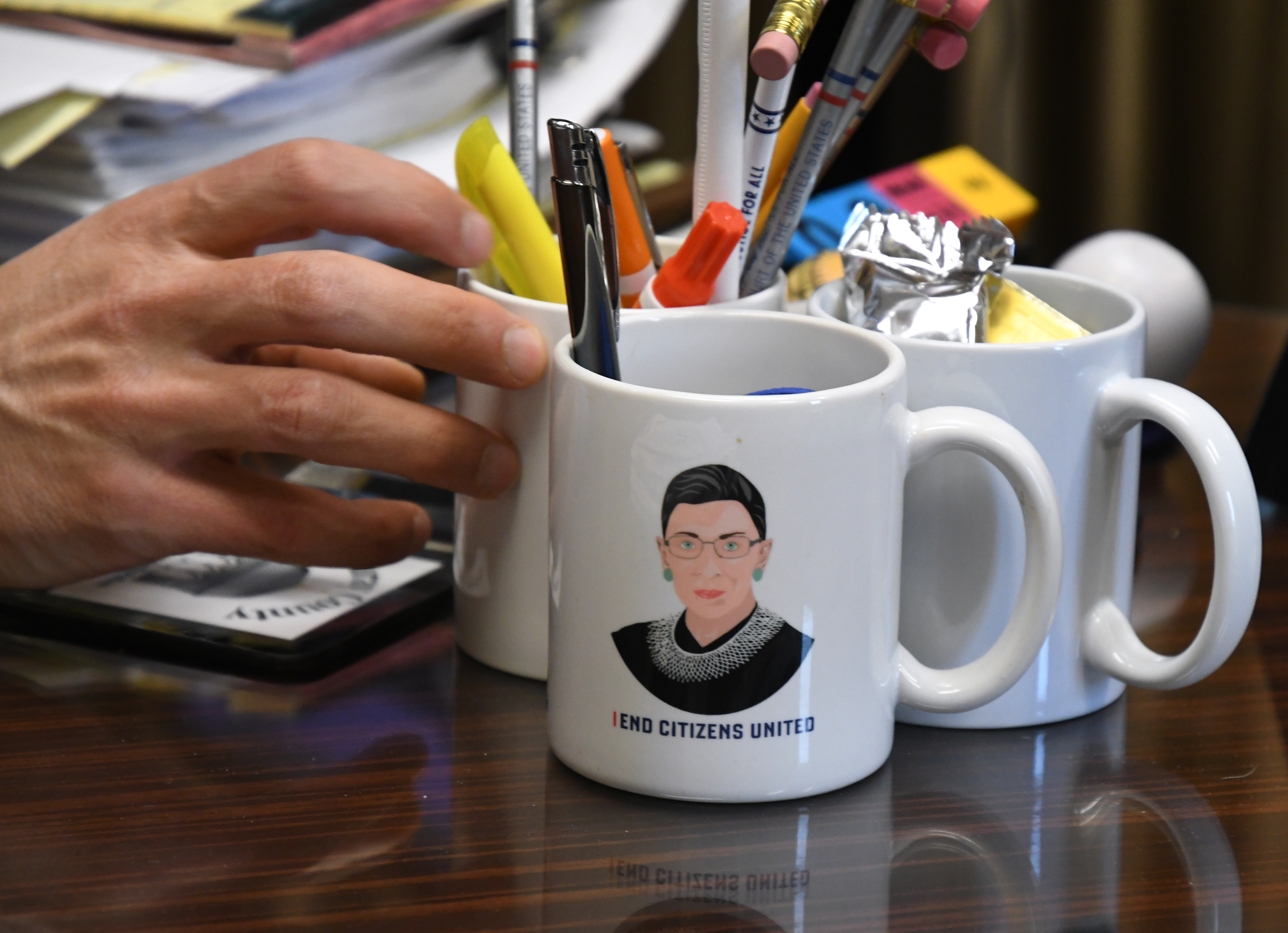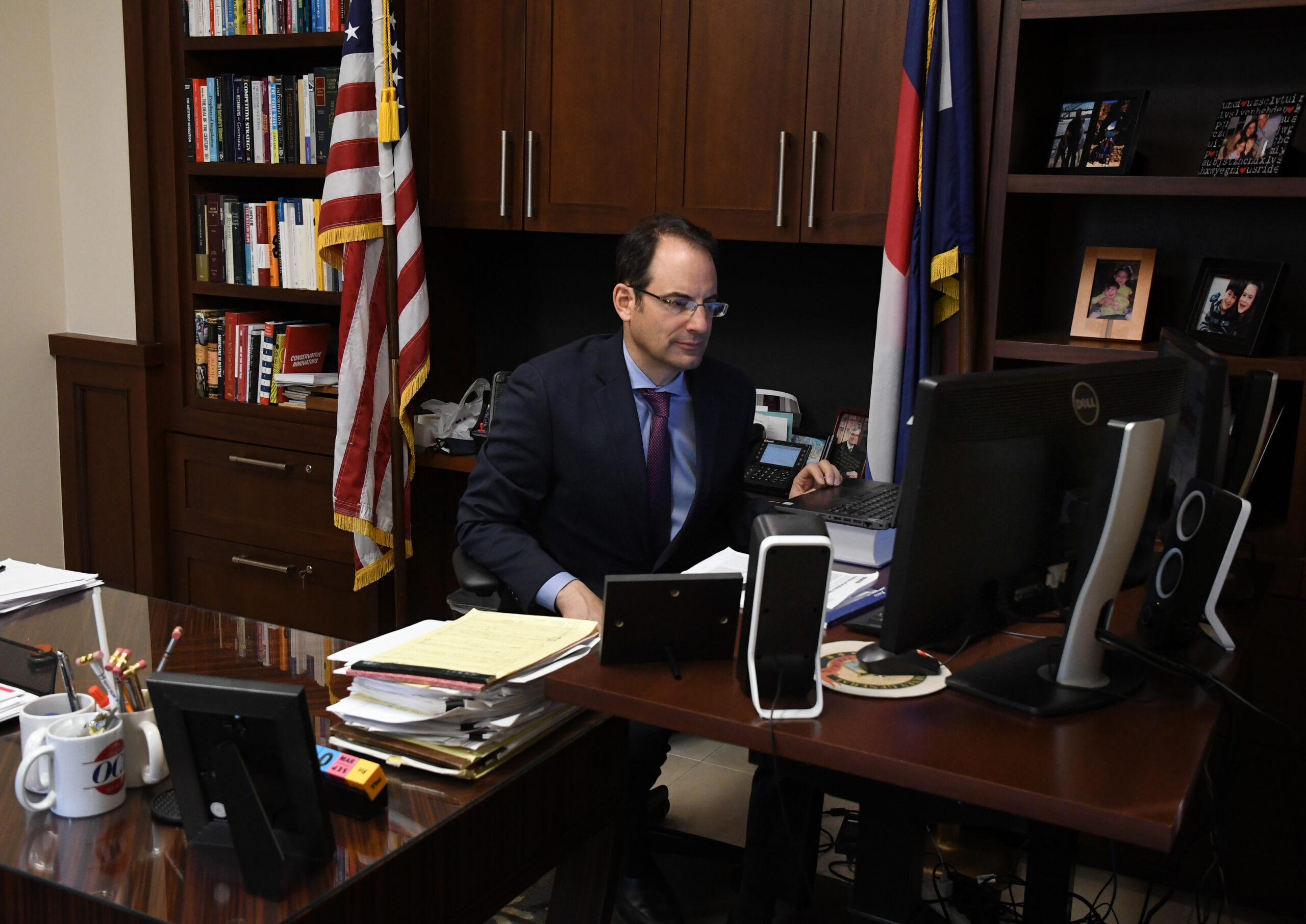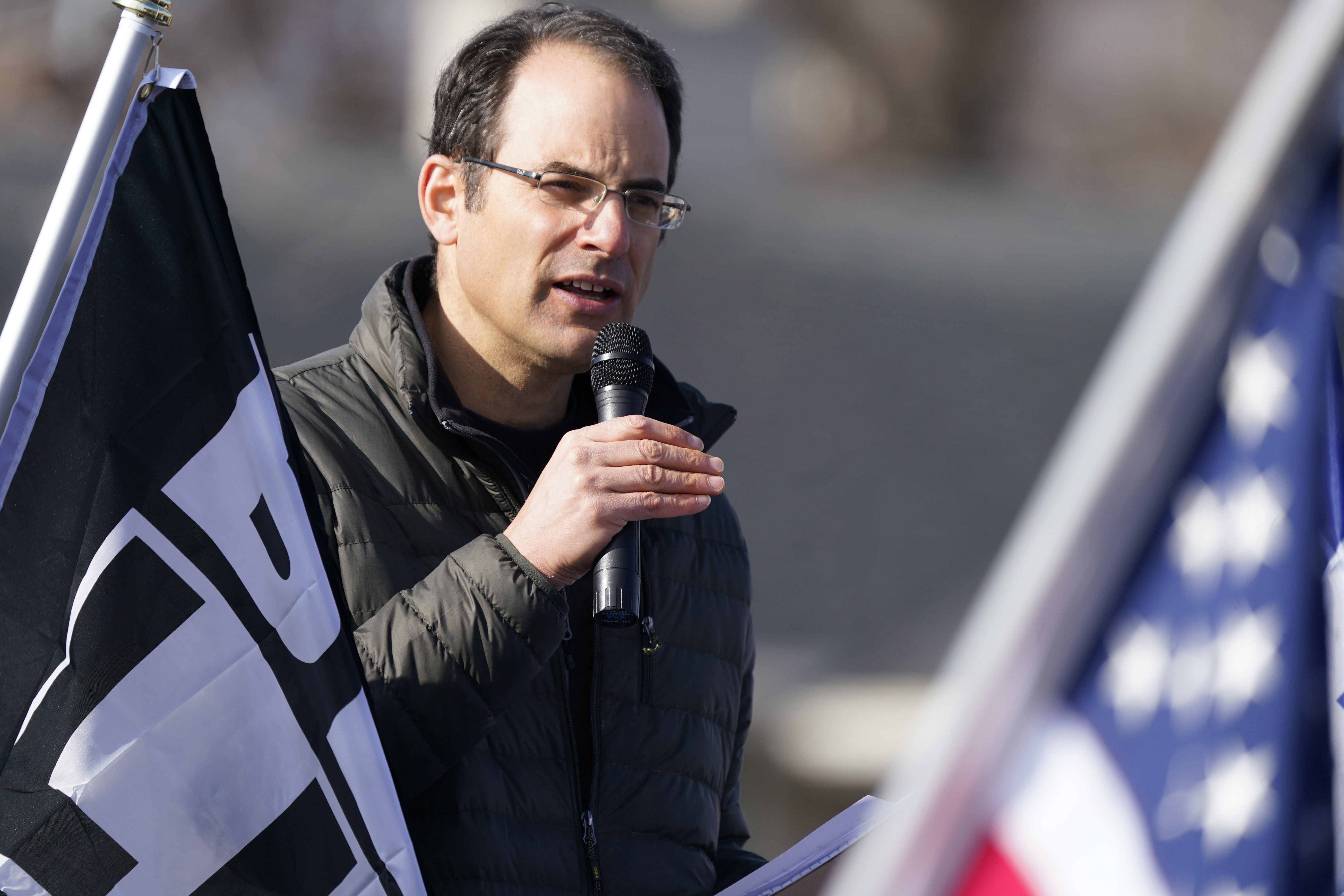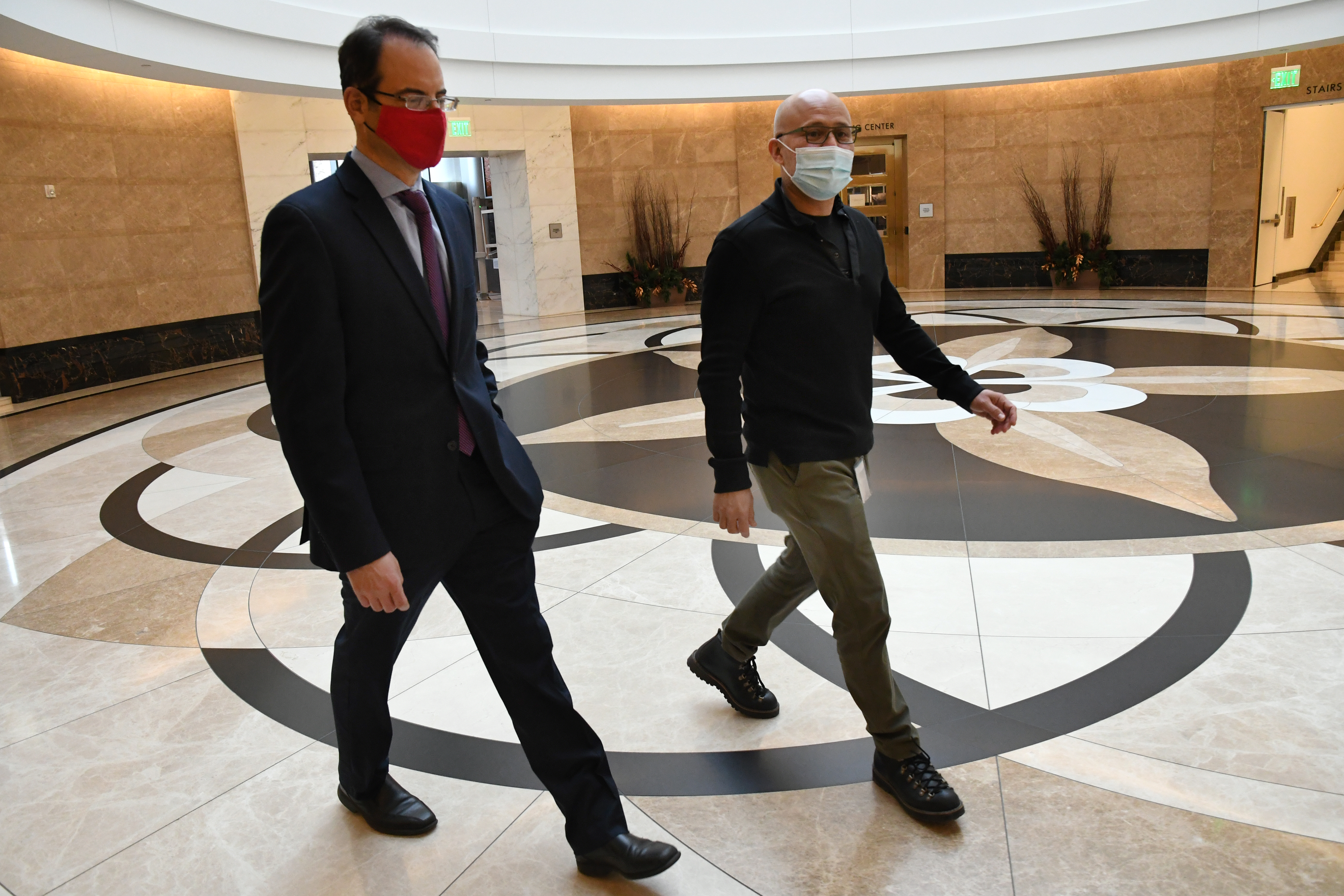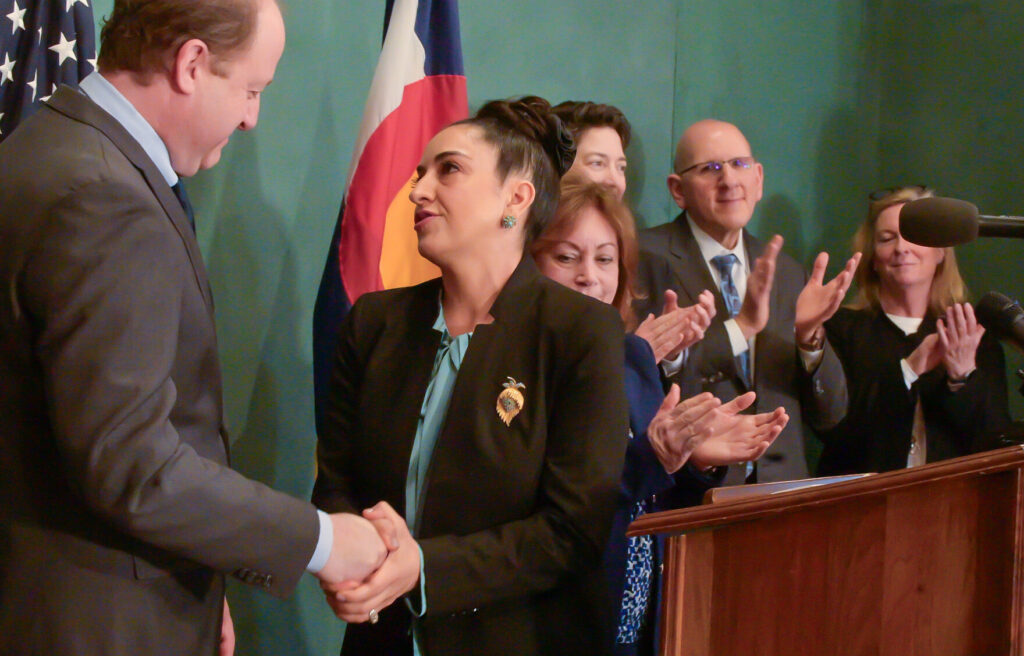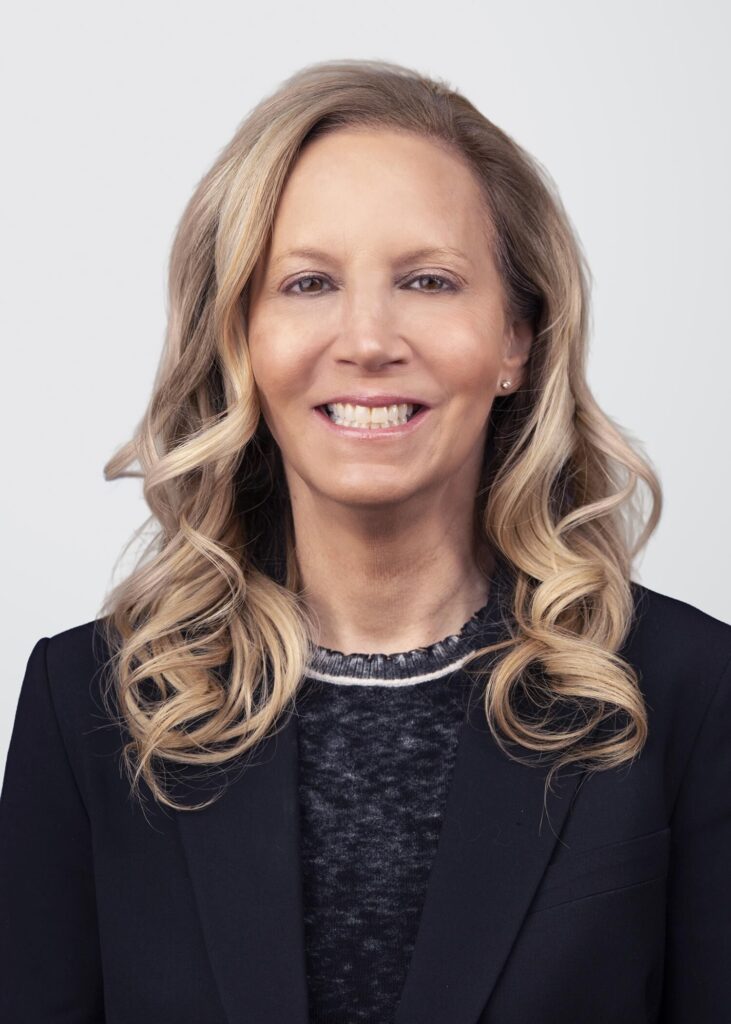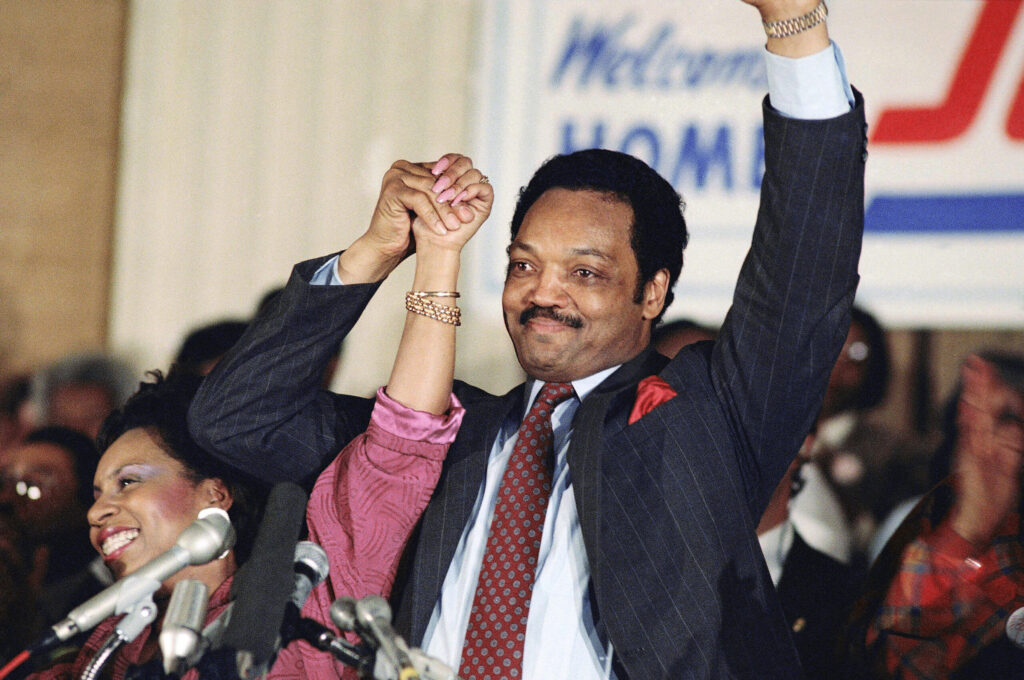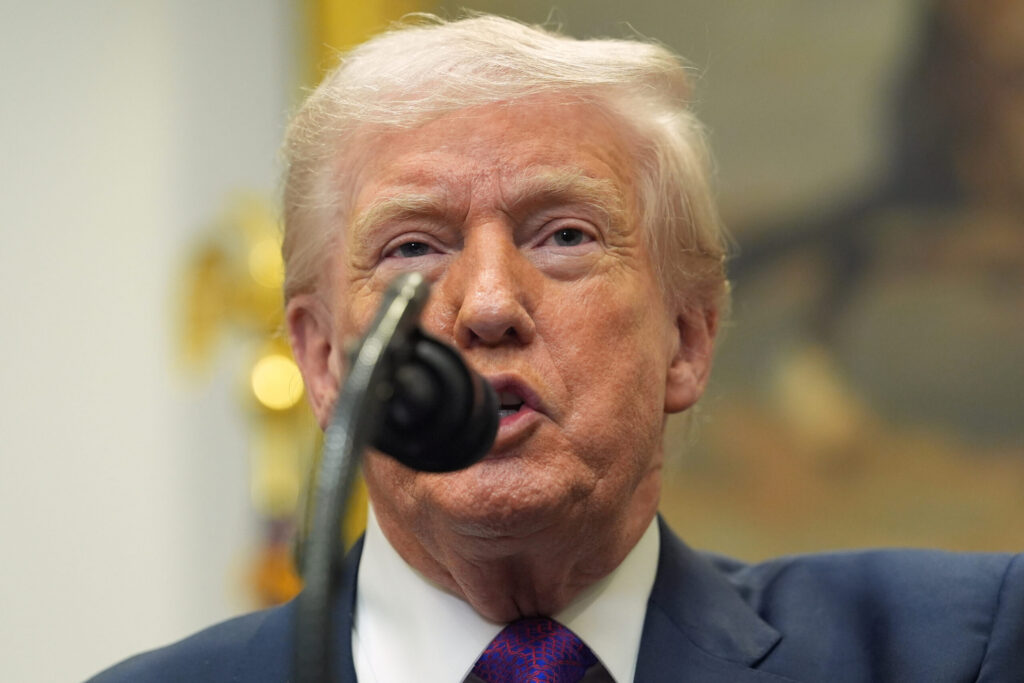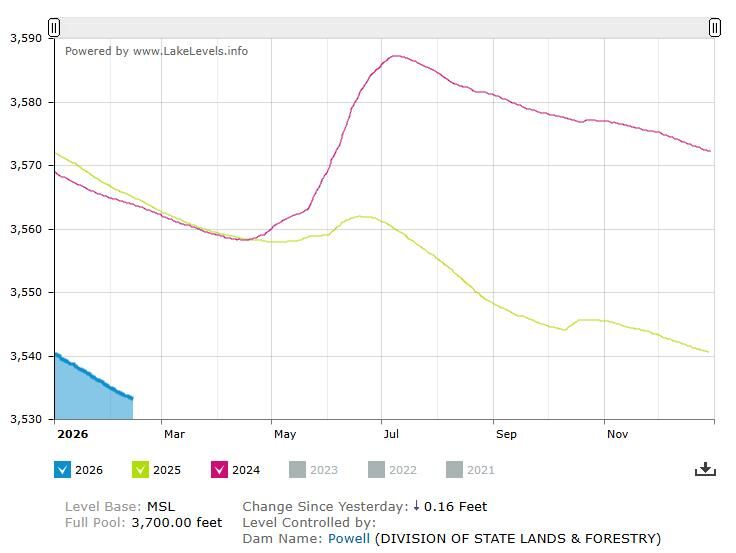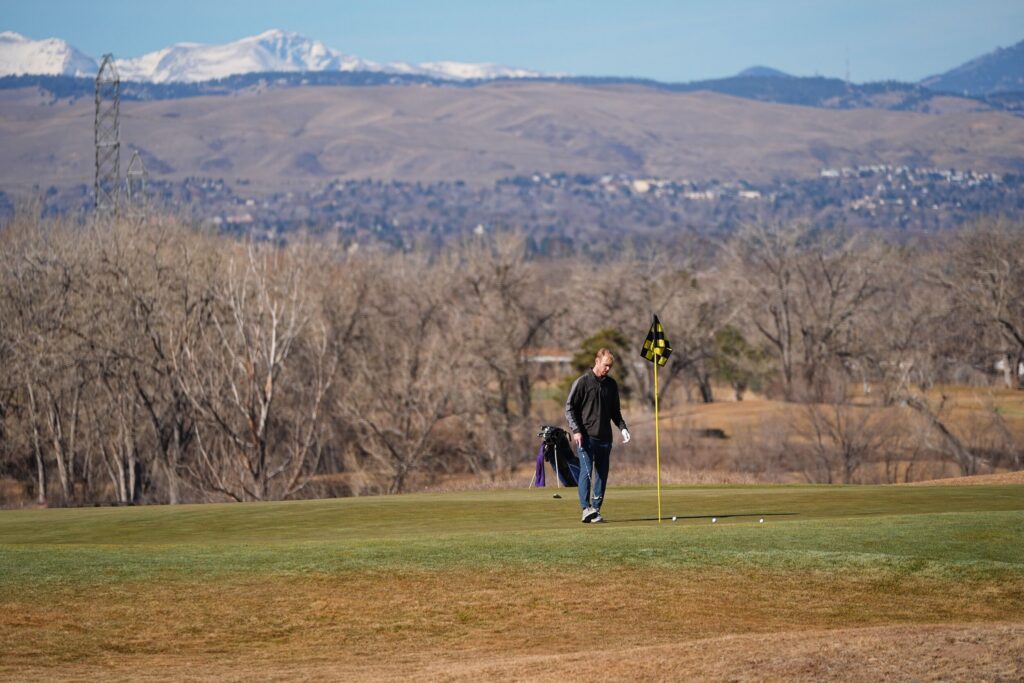In an era of activist attorneys general, Weiser focused on job in Colorado
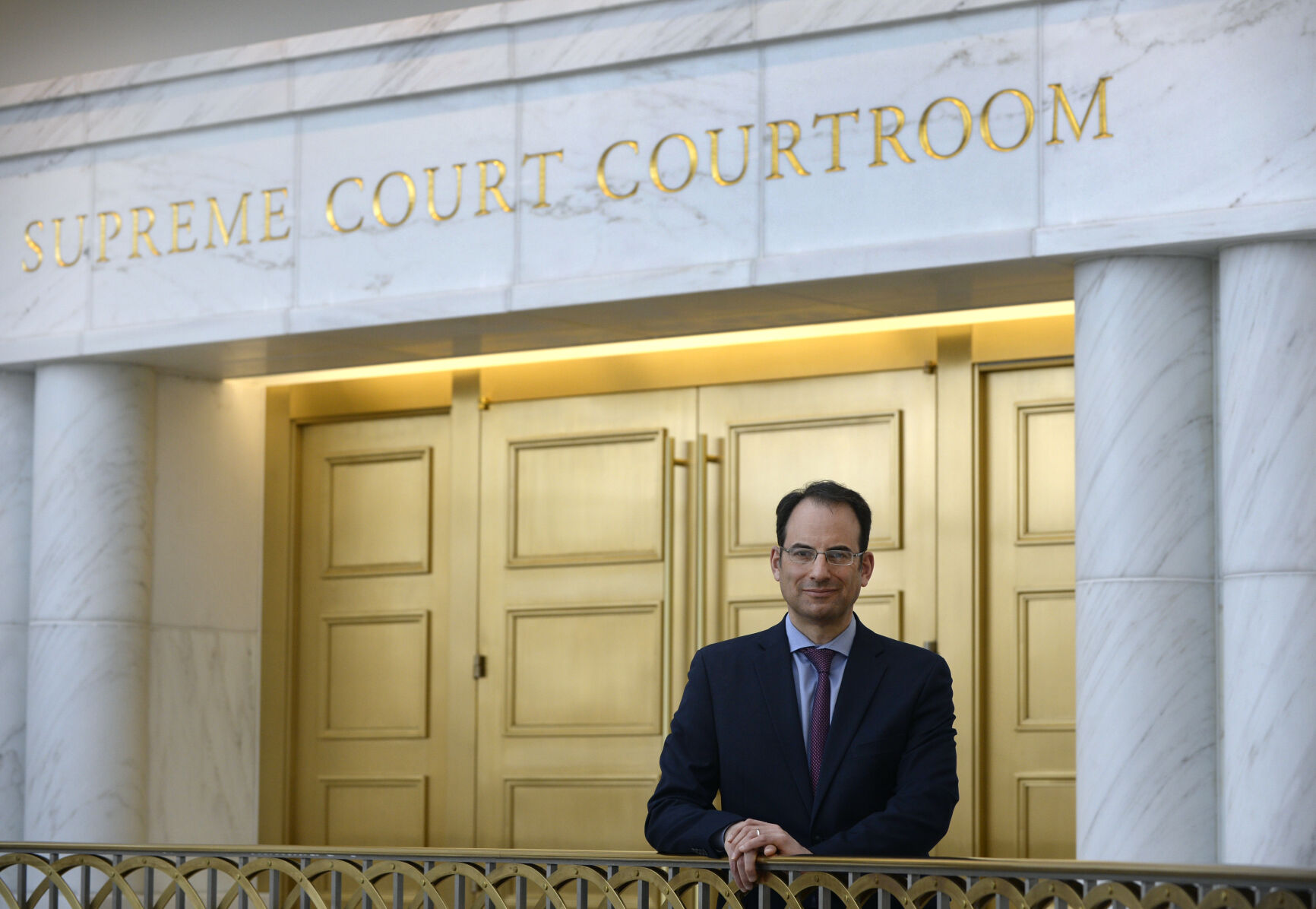
For a Democratic attorney general elected in the Trump era, it has been one thing after another.
Phil Weiser sued the administration over immigration. And over environmental regulations. And brought an antitrust suit against Google. And he defended Colorado’s election laws, including to the U.S. Supreme Court. And managed a Catholic Church scandal. And is investigating a high-profile killing of a Black man. And this month was the subject of an assassination plot.
Despite all of this, multiple sources told Colorado Politics, Weiser is enjoying – and has a singular focus on – the job to which nearly 52% of voters elected him two years ago.
“There are certain AG’s you encounter that you can tell they’re just passing through and they’re heading on to another political office,” said Attorney General Doug Peterson, R-Neb. “What I appreciate about Phil is he’s task-focused on being the best AG for Colorado he can be. Those are the people I want to work with as opposed to others who want to grandstand.”
Past Colorado attorneys general have generally continued their political careers beyond their tenure as the state’s top prosecutor. Two have recently gone on to Cabinet positions. One is the mayor of Colorado’s second largest city.
And nationwide, state officials have drawn the spotlight for their enforcement work, much as governors have for their public health leadership. The New York attorney general has drawn attention for her investigation of the president’s finances, while Xavier Becerra, the Democratic attorney general of California and a frequent litigant against the Trump Administration, is slated to become the next U.S. Secretary of Health and Human Services.
Those familiar with Weiser describe him as intelligent, amiable and having the potential to pursue a range of opportunities in the future – if only he wanted to.
“He came into office at a particular moment in time and was elected with a mission and a mandate to counter abuses from the Trump Administration, and he acted on that,” said John Walsh, a former U.S. Attorney and Democratic U.S. Senate candidate.
Amy Padden, who initially campaigned against Weiser in 2018 and was the Democratic candidate in 2020 for 18th Judicial District Attorney, agreed the contenders for attorney general knew that responding to national events would be a focus of the job.
“Phil ran on a platform (as did all five candidates for AG) of standing up to Trump and his unconstitutional policies,” she said. “Democratic AGs have been our first line of defense over the past two years.”
But Weiser, 52, who is serving in his first elected position, is most proud not of his litigation, but of the types of activities that a state legislator or a governor might brag about.
“One thing I wanted to do is address housing issues for southeastern Colorado,” he told Colorado Politics. Referencing the proceeds from a multistate mortgage loan servicing and foreclosure settlement, he said that “we’ve now given $5 million to the community colleges down there – which is Trinidad, Otero, Lamar – and they are going to develop these new programs to train people to rehabilitate housing.”
And of Colorado’s share from an Equifax data breach settlement: “We were able to take some of the money from that case and invest in cybersecurity programs in northwest Colorado.”
Weiser explained that his role as the state’s top prosecutor does not start or stop in the courtroom. He has many tools to address injustices, as do attorneys general across the country.
“It’s a mix of policy and litigation,” said Christine A. Varney, a former U.S. assistant attorney general under whom Weiser worked in the Obama Administration. “You can achieve as much for the citizenry through policy as you can from litigation.”
“An unlikely candidate”
As former dean of the University of Colorado law school and an antitrust lawyer for the U.S. Department of Justice, Weiser said his preferred approach is to sit down with potential lawbreaking organizations and reach settlements. His office has done that with government contractors, a hand sanitizer mogul and is currently doing so with Ticketmaster.
“If you’d ask me 10 or 12 years ago, ‘What do you think the chances are that Phil would leave academia and become the AG of the state of Colorado?’ I probably would’ve said he’s an unlikely candidate,” Jon Leibowitz, former chair of the Federal Trade Commission, told the tech news site Protocol.
The indication that something would be different came a week after President Donald Trump’s inauguration.
“You saw, starting with the travel ban, the need for state AGs who have the standing to go to court and seek relief on behalf of our states,” said Attorney General Maura Healey, D-Mass., referencing the Jan. 27, 2017, executive order to ban entry from seven largely-Muslim countries. “Even sooner than I think any of us imagined, right out of the gate we found ourselves in court on a Saturday night.”
Weiser, whose mother was born in the Buchenwald concentration camp in Germany, said that “that announcement – and subsequent illegal and inhumane treatment of immigrants – inspired me to consider running for attorney general and underscored the importance of protecting our constitutional rights and the rule of law.”
According to information provided by Weiser’s office, Colorado has been party on 30 occasions to multistate lawsuits in the past two years. Half of those have involved environmental issues, ranging from the Endangered Species Act and the Trump Administration’s rollback of emissions rules to tribal water rights.
Weiser also involved the state in two lawsuits over Trump’s desire to exclude undocumented immigrants from this year’s census count, three other lawsuits challenging immigration-related policies and five cases implicating reproductive rights.
And in a year where the pandemic and the presidential election jointly shined a spotlight on how the country conducts its elections, U.S. Sen. Michael Bennet told Colorado Politics that Weiser, in conjunction with Secretary of State Jena Griswold, “made the case to the rest of the country that Colorado is a leading example for a vote-by-mail system that works with virtually no fraud. He has worked diligently to disarm misinformation about the 2020 election results and election security.”
A significant moment for Weiser, who received criticism during the 2018 campaign about a lack of experience litigating cases in court, was arguing his first case during the U.S. Supreme Court to defend Colorado election law.
“I was intellectually and emotionally invested in this case,” Weiser said of the case, Colorado Department of State v. Baca. The court, including his former boss, the late Justice Ruth Bader Ginsburg, upheld state law binding its Electoral College members to the winner of Colorado’s popular vote.
“I felt from a symbolic, leadership and substance perspective, I was the right person to argue it. I think it’s important for the organization to see me rolling up my sleeves and doing the work,” he explained.
Different administration, same goals
On Jan. 20, Democrats will control the White House and Congress, and Weiser is optimistic on collaborating with the Biden Administration, particularly on criminal justice reform.
“Under the Biden Administration, I am confident that we will not see the types of unconstitutional and harmful policies – such as putting children in cages, interfering with the Postal Service in the months before an election, or attacks on reproductive rights,” said Padden, the former attorney general candidate. But, she added, “if there are things that happen that are unconstitutional and harm Coloradans, I am confident that he will stand up and fight.”
Even though Weiser knows Biden from his time in the Obama Administration, he pointed to his work at the state level as proof that he would not be afraid to challenge his party. Specifically, Weiser is defending the Taxpayer Bill of Rights, a constitutional amendment that Democrats disdain for its revenue-limiting effects, from attempts to overturn it in federal court.
“That’s what the rule of law requires,” said Weiser of his decision. “I’m committed to doing my job on behalf of the people of Colorado and the constitution.”
Currently, Weiser is leading a coalition of 38 states and territories in an antitrust lawsuit against Google, claiming the tech giant undermines competition through a variety of practices. The Google litigation follows similar claims against Facebook, on which Weiser is also a litigant.
Peterson, the Nebraska attorney general who said he speaks with Weiser at least once every two weeks on the Google lawsuit, observed there has been an “awakening” among state prosecutors about their role in economic litigation. And Weiser, a subject matter expert, is an authority on the subject among Democrats and Republicans.
“Phil understood early on the competition was a tool that could improve people’s lives,” said Varney, the former assistant attorney general. “The least fortunate in our society can either be marginalized by different economic policies or their lives can be enhanced through economic policies. That’s always been the side of the leger Phil has been on.”
In particular, the COVID-19 pandemic will present a series of consumer protection challenges – such as vaccine scams – and opportunities, including addressing the fallout from virtual schooling. On that topic, Weiser switches to legislator mode.
“My view of the world is that lawyers at their best are creative problem solvers,” he said. “We had a settlement with T-Mobile in a merger case that required them to build wifi hotspots. That settlement is now bringing Internet broadband to places that wouldn’t otherwise have it.” The money, among other initiatives, could benefit students learning remotely, Weiser concluded.
Healey, the Massachusetts attorney general who also co-chairs the Democratic Attorneys General Association, explained that state prosecutors’ involvement in the training of police or addressing substance use disorder are important parts of the job outside of the courtroom.
“We have power and authority when it comes to deploying resources to our communities,” she said. “The job is a lot more than just being the lawyer for the state in court.”
During Weiser’s tenure, he has also been involved in two controversial issues with homegrown roots: his office has housed an investigation into six decades of sexual abuse against children from Catholic clergy, and the governor appointed Weiser to look into the August 2019 death of Elijah McClain after an encounter with Aurora police. However, Weiser’s announcement this month that he would use a grand jury led the McClain’s family’s attorney to question the efficacy of the move in holding law enforcement accountable.
And in contrast to his antitrust work, some watchdogs feel this is one area where Weiser could be more proactive, especially after a summer of racial justice protests and calls for police accountability.
“I don’t think the right thing is to wait for the legislature to give you something,” said Leanne D. Wheeler, a criminal justice reform consultant and campaign manager for CCJRC4Action, the political arm of the Colorado Criminal Justice Reform Coalition. She added, “I’m a fan. I think he’s a lovely human being and I can’t say that enough. I would like to see him own that and set the direction for this office.”
